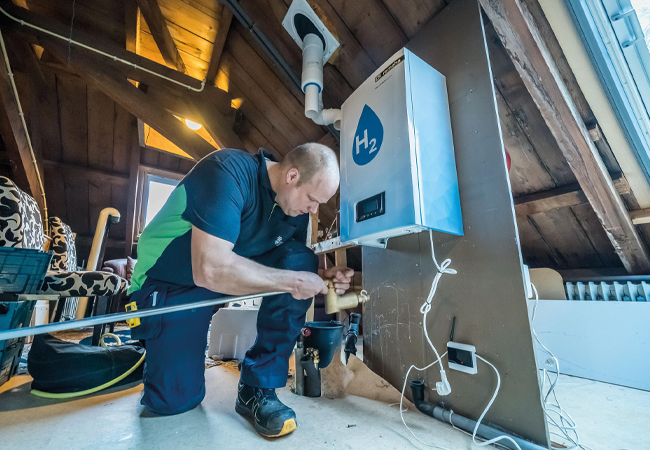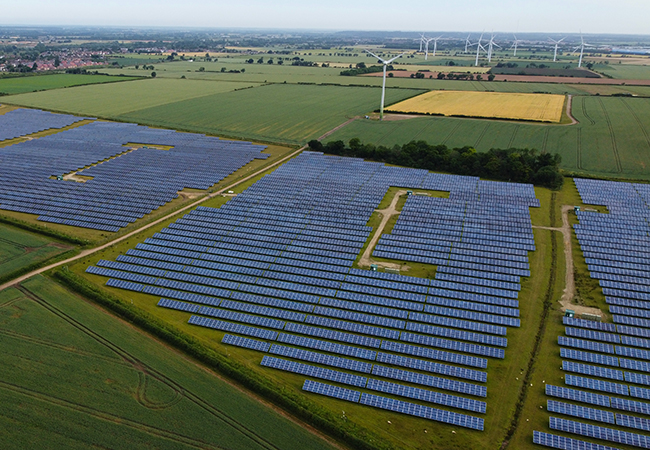
The government has announced plans to ensure all new domestic gas boilers are capable of running on hydrogen from 2026.
The business, energy and industrial strategy (BEIS) department has published a consultation paper seeking views on the proposals.
Deployment of such boilers from the mid-2020s is expected to deliver significant benefits should hydrogen replace natural gas in the gas grid by reducing the costs associated with scrapping natural gas-only devices before the end of their useful life.
The government says it expects the upfront costs of hydrogen-ready boilers to match those of natural gas devices and that customers will not have to pay a premium to use them.
Other proposals seek to set higher efficiency standards for new gas boilers, including plans to reform boiler controls standards, tackle oversizing of boilers and improve the minimum standards for hot-water tanks.
These policies are expected to improve the in-home performance of the average newly installed natural gas boiler by up to 6%, ensuring they can be delivered as close as possible to lab-tested efficiency levels, saving an estimated 21m tonnes of CO2 by 2050.
The consultation also says the government hopes that hybrid heat pump and boiler systems may play a ‘more substantive’ role in the transition to lower-carbon heating.
Energy and Utilities Alliance CEO Mike Foster said: ‘Mandating hydrogen-ready boilers is an important step towards decarbonising homes. The government is absolutely right to support this no-regrets option.’
However, Jan Rosenow, director of European Programmes at the Regulatory Assistance Project, tweeted that there was a danger these boilers would be running on 100% natural gas for at least 10 years, when the government predicts there will be enough green hydrogen for heating. He said: ‘The danger is that rather than rolling out low carbon heating tech and energy efficiency measures available today, the UK adopts a wait-and-see approach, compromising its ability to meet the net zero carbon emission targets.’
The government also announced £25m of funding for new technologies designed to generate clean hydrogen from biomass and waste, and £77m to support nuclear fuel production and next-generation advanced nuclear reactors.

